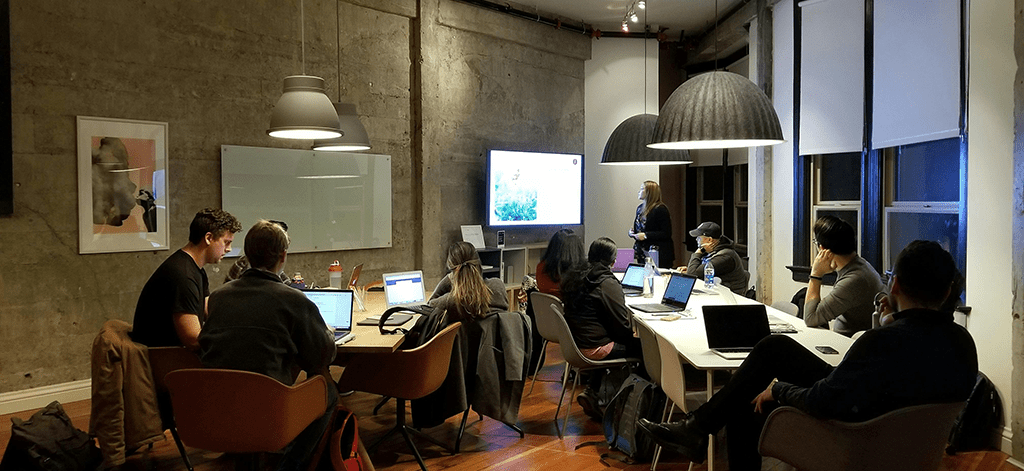Navigating Innovation Challenges: Strategies for Success
Innovation is a journey filled with opportunities and obstacles, where organizations must navigate challenges to unlock their full potential. By recognizing and addressing common barriers, developing strategies to manage resistance, and fostering a culture of continuous improvement, companies can overcome hurdles, drive innovation, and achieve sustainable growth. Through effective risk management, scalability, and a commitment to learning, organizations can create a culture of innovation that propels them towards excellence and success in today’s dynamic business landscape.
Recognizing and Addressing Common Barriers to Innovation
Risk Aversion: Addressing risk aversion is crucial for fostering innovation. By encouraging a culture that embraces calculated risks, organizations can empower teams to explore new ideas, experiment with novel solutions, and drive innovation forward.
Organizational Inertia: Overcoming organizational inertia requires a shift in mindset and a commitment to change. By challenging the status quo, fostering a culture of agility, and empowering employees to think creatively, organizations can break free from inertia and drive innovation initiatives with momentum and purpose.
Resource Constraints: Managing resource constraints is essential for innovation success. By optimizing resource allocation, prioritizing initiatives, and leveraging external partnerships, organizations can maximize the impact of their innovation efforts and drive sustainable growth despite limitations.
Developing Strategies to Manage Resistance to Change
Building Buy-In: Developing strategies to manage resistance to change involves building buy-in from stakeholders, communicating the value of innovation initiatives, and addressing concerns proactively. By engaging with employees, fostering open dialogue, and involving key stakeholders in the decision-making process, organizations can create a sense of ownership and commitment to innovation efforts.
Establishing Processes for Managing Innovation Risks
Project Prioritization: Prioritizing innovation projects based on potential impact, feasibility, and strategic alignment is essential for managing innovation risks. By conducting risk assessments, identifying potential challenges, and developing contingency plans, organizations can mitigate risks, anticipate obstacles, and ensure the success of innovation initiatives.
Ensuring Scalability and Sustainability of Innovation Efforts
Integration into Core Processes: Ensuring the scalability and sustainability of innovation efforts involves integrating them into the organization’s core processes and systems. By embedding innovation into the organizational culture, aligning innovation goals with strategic objectives, and fostering a culture of continuous improvement, organizations can drive innovation forward and achieve long-term success.
Fostering a Culture of Continuous Improvement and Learning
Adapting to Change: Fostering a culture of continuous improvement and learning is essential for adapting to changing market conditions and evolving customer needs. By encouraging a growth mindset, promoting knowledge sharing, and embracing feedback and reflection, organizations can adapt to market dynamics, anticipate trends, and drive innovation that meets the evolving needs of customers and stakeholders.
In conclusion, overcoming innovation challenges requires a strategic approach, a commitment to change, and a culture of continuous improvement. By recognizing and addressing common barriers, developing strategies to manage resistance, establishing processes for managing risks, ensuring scalability and sustainability, and fostering a culture of learning and adaptation, organizations can navigate challenges, drive innovation, and achieve sustainable growth in today’s fast-paced and competitive business environment.








